GLBTQA and/or Christian? Here are some resources.
Are you a Christian who is exploring your sexual identity? Or are you a GLBTQA person questioning your Christian faith? Check out Welcoming and Affirming – LGBTQ+ Resources from Compassionate Christianity.
Here’s a recent podcast episode I’m featured on from Queer Theology:

And here are some books that celebrate your unique body and spirit.
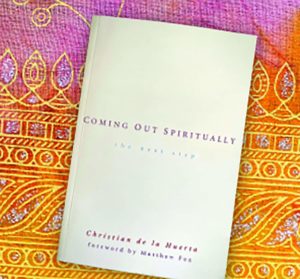

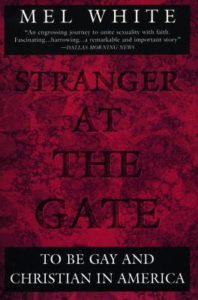
“In this remarkable book, Mel White details his twenty-five years of being counseled, exorcised, electric-shocked, prayed for, and nearly driven to suicide because his church said homosexuality was wrong. But his salvation–to be openly gay and Christian–is more than a unique coming-out story.”

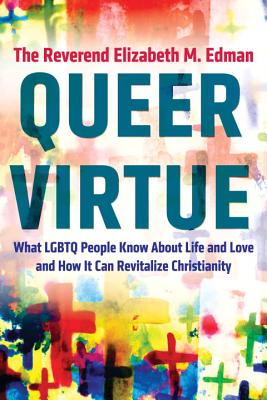
“As an openly lesbian Episcopal priest and professional advocate for LGBTQ justice, the Reverend Elizabeth Edman has spent her career grappling with the core tenets of her faith. After deep reflection on her tradition, Edman is struck by the realization that her queer identity has taught her more about how to be a good Christian than the church.”

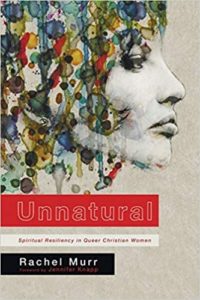
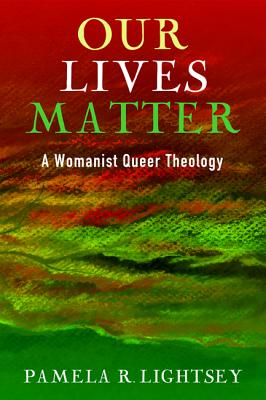
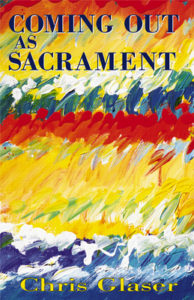
“Gay Christian author and activist Chris Glaser believes that sexual minorities, often denied their churches’ traditional sacraments, have found unique access to the sacred in their lives: coming out of the closet.”
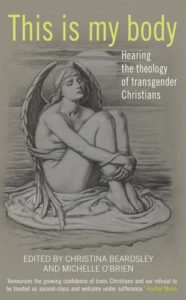
“Much has been said and written about trans people by theologians and Church leaders, while little has been heard from trans Christians themselves. As a step towards redressing the balance, This Is My Body offers a grounded reflection on people’s experience of gender dissonance that involves negotiating the boundaries between one’s identity and religious faith.”
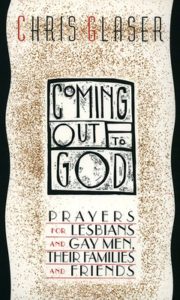
“Chris Glaser believes that spirituality and sexuality are not opposing forces, but that they are both important parts of the human experience that ought to be embraced. This book of prayers encourages readers to come out to God as sexual and spiritual beings.”
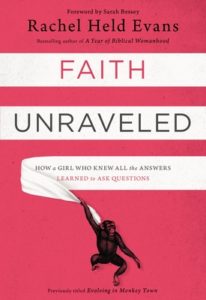
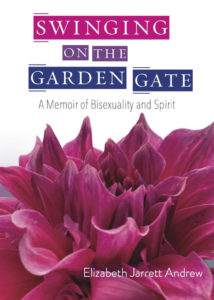

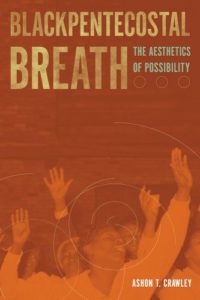
“In this profoundly innovative book, Ashon T. Crawley engages a wide range of critical paradigms from black studies, queer theory, and sound studies to theology, continental philosophy, and performance studies to theorize the ways in which alternative or “otherwise” modes of existence can serve as disruptions against the marginalization of and violence against minoritarian lifeworlds and possibilities for flourishing.”